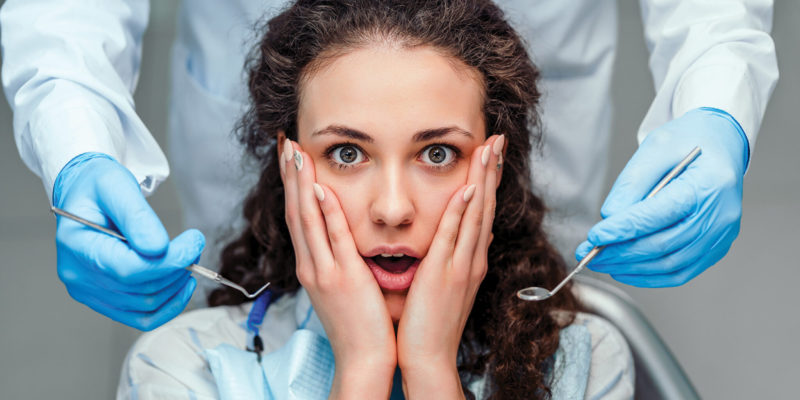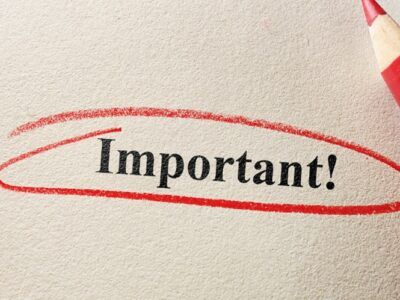Visiting the dentist regularly is crucial to maintaining healthy teeth and gums. Unfortunately, dental anxiety and dental phobia hinders many people from going to the dentist. Dental anxiety is a very common issue and has affected as many as 36 percent of the population.
Fortunately, rather than postpone important dental visits, patients can now look into painless dentistry. Aside from painless dentistry, there are also other effective ways to deal with dental anxiety and dental phobia and you can find some of them below:
Talk to your dentist
Don’t think twice about talking to your dentist about your dental anxiety or dental phobia. To ease your dental fear or anxiety, your dentist can explain the steps you will go through from start to finish. This is important so you will know what to expect.
Your dentist can also recommend techniques that can help you feel more comfortable and relaxed during your dental appointment. Also, don’t be afraid to ask questions. The more you know and understand, the less anxiety you will feel.
Do some breathing exercises
Deep breathing exercises have been proven to help relax your mind and help you feel calmer. Breathing exercises can also help reduce your stress during your dental appointments.
Close your eyes and inhale slowly through your nose. Hold your breath for a few seconds and then exhale slowly through your mouth. Repeat the procedure several times until you feel more relaxed.
Muscle relaxation and meditation
Your anxiety can worsen while you sit in the waiting room or while waiting to climb into the dental chair. In similar cases, consider doing a short meditation to promote relaxation and reduce stress.
As soon as you are seated, close your eyes and allow your body to relax completely. Pay attention to the different parts of your body and release tension until you feel your body relaxing from your head down to your feet.
Guided imagery
Another effective technique you can use involves the use of guided imagery. Start by visualizing happy thoughts as soon as you sit in the dentist chair. You can also think of your “happy place” so you can feel calmer and more relaxed.
Distraction
Distracting yourself is also an effective way to ease your fears and relieve anxiety. Consider talking with your dentist beforehand and check if you can listen to music during your appointment. Some clinics may also have a ceiling-mounted TV for you to watch Netflix during your appointment.
Analgesia
Analgesia is a type of medication that is used to relieve pain. These over-the-counter medications can be used during dental appointments to provide pain relief and help local anaesthetics work better.
Anxiety-relieving medications
For people who experience moderate anxiety, dentists may prescribe short-acting anti-anxiety medications. These medications work by minimizing anxiety before a dental appointment. Most patients are required to take the anxiety-relieving medications at least an hour before their scheduled dental appointment.
Conscious sedation
One option for those with moderate to severe anxiety is conscious sedation. Conscious sedation involves taking an oral sedative at least several hours before a scheduled dental appointment. Dentists can also use nitrous oxide (laughing gas) before or during your dental procedure. It would be best to check with your dental insurance provider if they provide coverage for nitrous oxide as some plans might not cover this benefit.
Conscious sedation is different from general anesthesia so you won’t be asleep during your dental procedure. You will be in a very relaxed state and you will remain responsive and conscious.
General anesthesia
This option requires being unconscious or fully asleep during your dental procedure. This option is only used for those individuals suffering from severe dental anxiety. While some dental offices provide general anesthesia, it is only carried out by trained specialist anaesthesiologists in an operating theatre setting.








Comments